On the 18th November, the Dry Eye Association UK (DEAUK) held its launch event at the School of Optometry at Aston University, Birmingham. Free to participants, it provided an opportunity for dry eye patients to meet and network. In the morning, as well as presenting the results of a UK patient survey of symptoms, treatment and patient experience, there were lectures on the management of dry eye and neuropathic corneal pain, and the anatomy and function of the cornea.
Here are recordings of the morning lectures:
In the afternoon, there was a live demonstration of eye examination techniques and a discussion of technologies including IPL, low level light therapy and the therapeutic use of amniotic membranes. This was followed by small group discussion and feedback around issues affecting patients. This is summarised below:
- Challenges in the Current State:
- Difficulty in obtaining NHS appointments.
- Advocacy required for self.
- Limited time during appointments.
- Lack of effective communication and listening by doctors.
- Improving Clinical Practice and Research:
- Need for dedicated dry eye centres.
- Better training in dry eye management.
- Access to modern diagnostics and treatments.
- Desire for private provision of serum drops.
- Emphasis on research updates and novel approaches.
- Patient Experience and Involvement:
- Importance of patient involvement in research decisions.
- Strategies for enhancing patient feedback and participation.
- Advocacy for awareness through social media and events.
- Clear inclusion criteria for trial participation.
- Communication and Understanding:
- Utilizing various communication methods (YouTube, social media).
- Need for national guidelines endorsed by professional societies.
- Establishing communication hubs for practitioners and patients.
- Patient Support and Education:
- Support groups, both online (Facebook) and through a phone line.
- Educational initiatives for society and schools about dry eye.
- Consideration of future generations and the impact of screen use.
- Improving Diagnostic Processes:
- Advocacy for a standardized diagnostic methodology.
- Continuity of care to reduce doctor-hopping.
- Empathy from NHS consultants and consideration of quality of life.
- Feedback to Professional Bodies:
- Forward-thinking for the next generation.
- Increased knowledge and awareness from base level.
- Advocacy for social awareness campaigns and accountability for screen-related issues.
- Enhancing Patient Understanding of Research:
- Platforms for grading practitioners and sharing practitioner information.
- Chat forums and social media for exchanging information.
- Providing clear information on research purpose and process.
- Patient Recommendations for Research Participation:
- Inclusion of patient perspectives in research design.
- Clear information on ongoing trials and how to participate.
- Recognition of patients as experts in their condition.
Professor James Wolffsohn of Aston University said, ‘these themes collectively highlight the challenges faced by patients, their desires for improved care, and suggestions for enhancing research, communication, and patient support in the context of dry eye disease’.
The event was kindly sponsored by Scope and Thea and the lunch provided by Thea. Participants reported finding the event helpful, interesting and informative.


